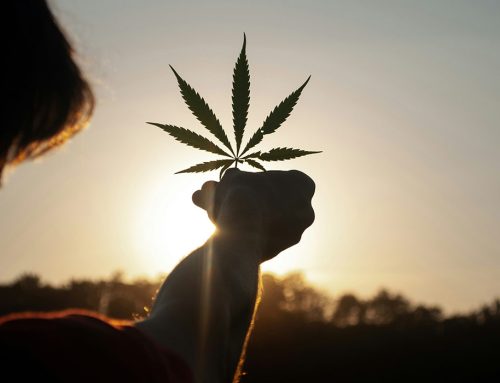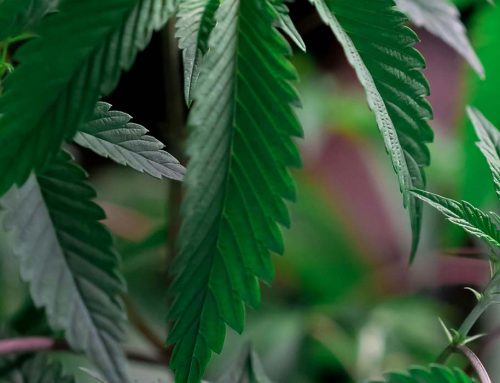Cynthia Nixon is best known for playing Miranda Hobbes, one of the four main characters on the hit television show Sex and the City, which ran from 1998 to 2004. Her career has not been limited to that show, however. According to IMDB, “She is one of only 15 performers who have won a Tony, Emmy, and Grammy.” And now, like other celebrities before her, she has entered politics. Nixon is running for the governorship of New York against Andrew Cuomo. Both are Democrats, but Nixon (who is not related to former Republican President Richard Nixon) is firmly in support of legalization of marijuana and is challenging Cuomo’s record of opposition to legalization.
Nixon, who is white, has not been afraid to make racial justice a foundation of her stance on marijuana. According to her campaign website, “The reality is that for many white people, marijuana has effectively been legal for years. It’s time to legalize it for everyone else. We have to stop putting black people in prison for something that white people do with impunity.”
A lot of you have been asking about my position on marijuana. Here it is. pic.twitter.com/iEKLHgClFN
— Cynthia Nixon (@CynthiaNixon) 11 April 2018
In a video on her campaign site, she states, “I believe it’s time for New York…[to] legalize marijuana.” She points out that “eighty percent of the New Yorkers who are arrested for marijuana are black or Latino, despite the fact that whites and people of color use marijuana at roughly the same rates. The consequences follow people for the rest of their lives, making it harder to get jobs or housing, and for noncitizens, putting them in the crosshairs for deportation. In addition to ending a key front in the racist war on drugs, regulating and taxing marijuana would generate hundreds of millions of dollars of tax revenue for our people and create important agricultural opportunities for our state. In 2018, in a blue state like New York, marijuana shouldn’t even be an issue. If there was more political courage coming out of Albany [New York’s capital], we would have done this already.”
Arrest statistics support Nixon’s claim.
According to records provided by the New York State Division of Criminal Justice Services, of those arrested in New York in 2017 for possession of marijuana, 48 percent were black, 38 percent Hispanic, and 9 percent were white. The numbers were roughly the same in 2016, despite the promises of politicians to end the disparity. Furthermore, records indicate that there were close to 18,000 arrests for low-level marijuana possession in New York City in 2017 and 2016.[3] If 86 percent of those arrests were of people of color, Nixon’s claim appears quite valid that the enforcement of marijuana laws (and the consequences that arrests have on employment and housing) disproportionately affect black and Latino people.
On the other hand, various sources report that her opponent, the incumbent governor, has previously opposed legalization, calling marijuana a “gateway drug”. While Cuomo has claimed to be at the forefront of the issue, his state’s laws have lagged behind others. New York’s medical marijuana laws are some of the most restrictive in the country. Cuomo has pointed to a study he commissioned on the topic. His critics, however, have responded that other states have already studied the issue and decided upon legalization.






